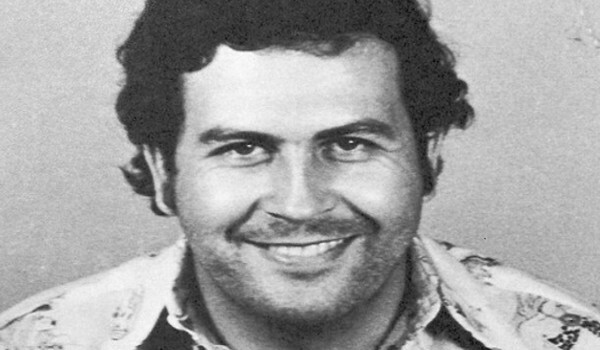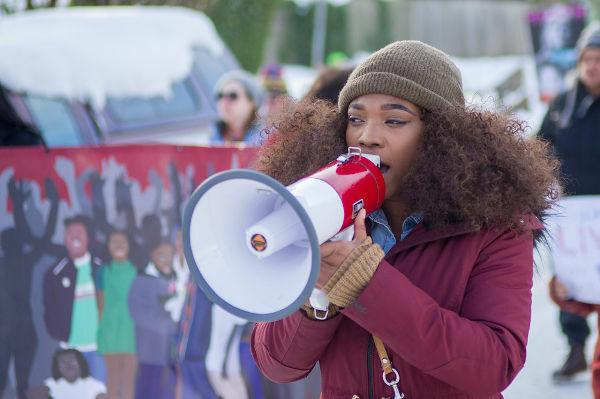O suffrageuniversalis the right of all adult citizens to vote and be voted. Strictly speaking, all States establish constitutional requirements for the exercise of political citizenship, such as minimum age and military enlistment. The substantial difference from universal suffrage to restricted suffrage is that does not place requirements of a social nature, such as minimum education or minimum income, to guarantee people the right to participate in the electoral process.
For some this may seem like a little, but it is not. The right to vote and to be voted unrestricted by socioeconomic limitations allows for different demands and needs of the various groups that make up a society are taken into account by the makers of laws and public services.
Read too: Human Rights - category of basic rights of all citizens
What is universal suffrage?
Universal suffrage is the full extension of political rights to all adult citizens of a country, without any form of restriction by factors such as income, education, gender or ethnicity. It covers the right to choose representatives and to run for elected office. The institution of universal suffrage means that, in a given country, there will be no economic, intellectual, professional, sexist or ethnic requirements for exercising the right to vote.
THE Universal Declaration of Human Rights (1948) emphasizes that the universal suffrage is a basic human right. The expansion of political citizenship is a vector for the improvement of democracies, crucial for modern States to equalize the conflicts that develop in the midst of the public interest and improve public policies and the public services they offer to society.
For example, in Brazil before 1988, the right to public health was restricted to formal workers who contributed to social security, the others depended on the charity of the Santas Casas de Misericórdia or were relegated to own luck. With extensive discussion with many sectors of civil society, the Constitution of 88 established the right to vote for all and established health as a universal right.
Since then, the Health Unic System, one of the largest public health systems in the world, subject to improvement over time. It is a State policy whose improvement over governments is related to the universality of the right to vote. that the main users of the system vote and, therefore, their demands are taken into account in the consolidation of policies for health.
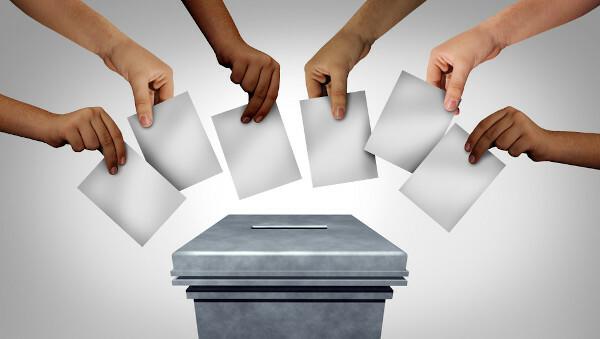
Types of suffrage
The types of suffrage can be categorized according to the modality of political-electoral participation (direct or indirect) and the breadth of the right to political participation, which can be conferred on everyone or may be limited by requirements and restrictions, such as ethnicity, education, income.
- direct suffrage: the voting system is individual, each voter chooses his representatives and all votes have equal value. This is the voting system in force in Brazil after redemocratization.
- indirect suffrage: the voting system is collegiate, each electoral college chooses its representatives. This was the voting system in effect here during the Military Dictatorship.
- Racial or aristocratic suffrage: restriction of political rights for ethnic reasons. The limitation criterion is anchored in the person's origin as well as in biological characteristics. In Brazil Empire and even in Brazil Republic before 1988, indigenous people could not vote. Some authors include in this category the prohibition of the female vote.
- capacitive suffrage: restriction of political rights for intellectual reasons, determined according to the level of education. In Brazil, for example, illiterate people could only vote after 1985.
- Census or pecuniary suffrage: restriction of political rights for economic reasons, linked to the payment of taxes and/or land ownership.
Do not stop now... There's more after the advertising ;)
women's suffrage
Female suffrage, that is, the right of women to vote and to run for elected office, was won with great pains. O suffragette movement, also known as the first wave of feminism, appeared in England, in the 19th century, and reached the world in the 20th century, modifying the electoral process and the political landscape of many countries. Women began to claim the right to vote because the the fact that they did not have political rights prevented them from gaining legal and social rights.. They had no right to divorce, to own property in their name, to formal education.
These demands, which arose among middle and upper class women, added to the demands of women poor and working women, who had double workdays, wages lower than men, precarious conditions of life. All had in common the fact of not being able to vote, and the suppression of this right influenced the others, as politicians guide their activities according to those who elected them.
In England the movement started peaceful, with marches, pamphlets, letters to parliamentarians. the activist emmelinePankhurst, leader of the suffragettes, consolidated another form of militancy, with more incisive and sometimes violent acts. The death of Professor Emily Davison, in 1913, gave international notoriety to the movement, which, through the United States, gained a new horizon of reach.
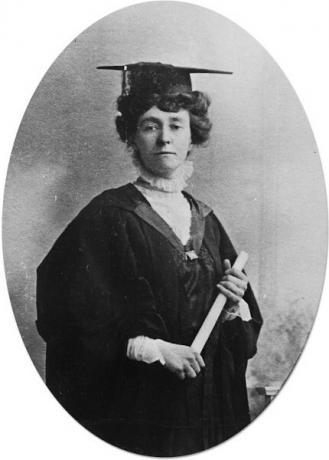
The first country to institute female suffrage was New Zealand, in 1893; the second, Finland, in 1906; England did so in 1918; the US in 1920; Brazil, in 1932. Throughout the 20th century, especially in the post-war period, several countries institutionalized the female vote. The last to do so was Saudi Arabia, in 2015.
See too: Social movements - collective actions in support of a social cause
Suffrage in Brazil
In Brazil, the first election took place in the time coursecolonial, in 1532, for the Municipality of São Vicente. Until 1821, elections took place only within the municipalities and there were no parties. From 1824 onwards, already in the empire, the election of deputies and senators was instituted. The vote was census, that is, limited to wealthy men, as was the right to run for election.
Nobles, bureaucrats, wealthy merchants, planters, men over 25 years old and with a minimum income of 100 thousand réis a year voted, which, converted to real, would add up to more than one million. To run for elections, the ceiling was even stricter, candidates for deputies should have an annual income of 400,000 réis, and candidates for senators, 800,000 réis. Women, Indians, blacks, soldiers could not vote, much less run for office.
Even after the proclamation of the Republic, the vote continued to be census, that is, having possessions was a requirement for voting. In the new system of government, women, the illiterate, low-ranking soldiers, priests, indigenous people and the poor were excluded from political citizenship.
In 1932, during the government of Getulio Vargas, the Superior Electoral Court and the Regional Electoral Courts were created. The Brazilian Electoral Code was edited, which instituted the secret ballot and also the female vote, after extensive pressure from Brazilian feminists who participated in the suffrage movement. However, at that first moment, female suffrage did not reach illiterate or poor women.
Since the proclamation of the republic in 1889, Brazil has gone through two dictatorial moments. The first took place during the government of Getúlio Vargas, from 1937 to 1945. This period was called new state, in it a new Constitution was granted, Congress was closed, parties were extinguished, interventors were appointed to govern the states, and elections were suspended. The second moment was the Military dictatorship, from 1964 to 1985.
During this period, a new Constitution was granted, Congress was dissolved on three occasions, civil liberties were suppressed, and the bipartisanship, but there continued to be elections for some positions, which did not include the majority positions (governor, president of the republic). Majority elections only returned to being direct from 1985, after popular pressure from the Diretas Já movement, led, among others, by deputy Ulysses Guimarães, also one of the great leaders of the National Constituent Assembly which culminated in the Citizen Constitution.
![Demonstration calling for direct election for president of the republic in the plenary of the Chamber of Deputies (1984). [1]](/f/6da4f593ad06d85795f3b5c5e78eaa7e.jpg)
Universal suffrage is provided for in article 14 of the 1988 Constitution, also called the Citizen Constitution, which, in addition to universal suffrage, reaffirms the right to a secret ballot, that is, immune from constraints and coercion, direct, that is, personal and non-transferable, and with equivalent value for all citizens, with no votes more important than others. Voting is mandatory for people over 18 and under 70 years of age. Voting is optional for people over 16 and under 18, over 70, and illiterate people.
Suffrage and the French Revolution
THE French Revolution it is one of the great events of history, it not only changed the political configuration of the country in which it took place, but also reverberated in modern states all over the world.
Is it over there brought political participation to the center of the debate, questioned the privileges of aristocracy and the intrusive relationship between Church and State, and popularized the idea of universal suffrage. The principles of freedom, equality and fraternity, political citizenship for all without social and economic distinctions, the valorization of secularity of the state they are some elements of the legacy of republican values that this historic movement left to the world.
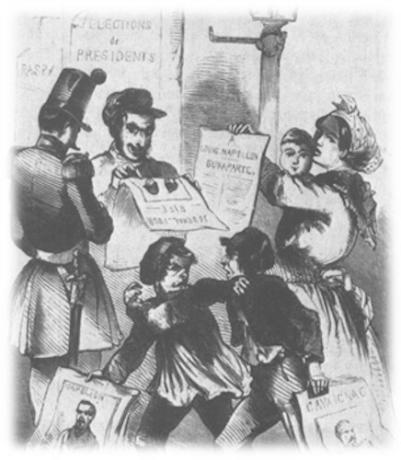
Revolutionaries ousted the absolutist monarch Louis XVI, founding the First French Republic through universal male suffrage, something unprecedented in the world. However, although the ideals of this movement abolished economic and intellectual restrictions for men, women were excluded from the process, they were considered “citizens passive”, influenced by their proximity to religious leaders, in addition some considered domestic duties as incompatible with the exercise of the right to vote.
the political activist Olympe de Gouges (1748-1793) edited the Declaration of the Rights of Women and Citizens (1791) in response to the Declaration of the Rights of Man and of the Citizen (1789), which jettisoned women from political citizenship. As a result of her challenge, she was sentenced to death. The right to vote for women in France was only enshrined in 1945, when women's voting was already a reality in several countries.
Also access: Feminism – social movement that originated with the action of Olympe de Gouges
Difference between vote and suffrage
Suffrage consists of the right to vote (active suffrage) and to be votedo (passive suffrage). Voting is the instrument for exercising this right, that is, the choice of political representatives for elected positions. Suffrage is the right to participate in the electoral process, voting is the mechanism through which this right is exercised. Suffrage is the power of citizens to participate in the sovereignty of a country, the vote is the instrument for legitimizing the act of conferring this power on the chosen representatives.
Image credit
[1] federal Senate / commons
By Milka de Oliveira Rezende
Professor of Sociology

